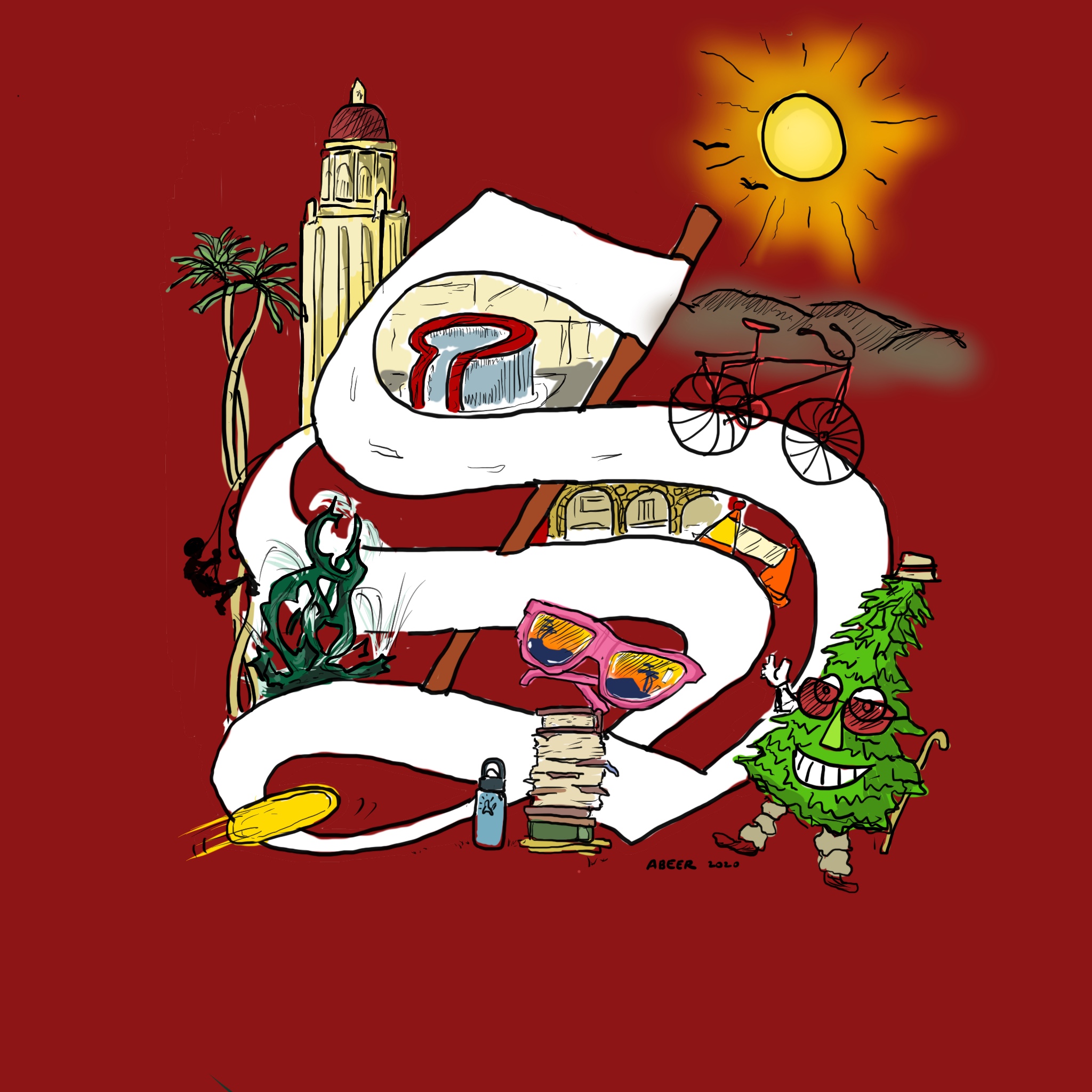Like clockwork each year, the Stanford Review publishes an article that criticizes the humanities at Stanford: the University is either far too vocational, doesn't force students to read enough of the Western canon, or "indoctrinates" students by teaching them queer theory. The most recent object of their scathing critique is Stanford’s history department. I want to address Buskirk's argument not only because her article is shoddily researched and woefully uninformed, but because her implication about what it means to study early American history is narrow and shortsighted.





